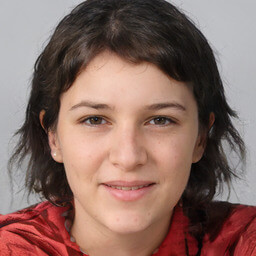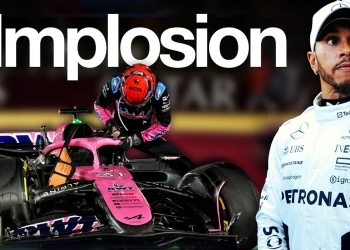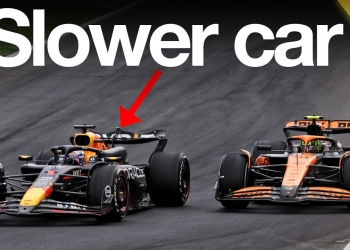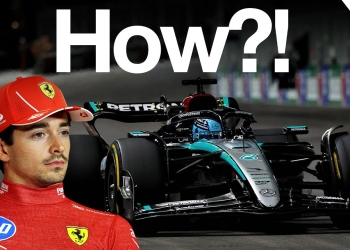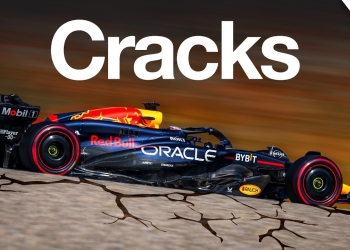Audi's Surprising F1 Team Ownership Shift Before 2026 Debut
In an unexpected turn of events, Audi appears to be reconsidering its full ownership strategy for its Formula 1 team before even hitting the grid. The German automotive giant, set to make its official F1 debut in 2026, is reportedly in talks to sell a portion of its team to Qatar's Sovereign Wealth Fund, marking a significant shift from its earlier commitment to 100% ownership.
The Current State of Affairs
The situation at Sauber (Audi's future F1 team) presents some concerning developments:
- Competitive struggles: The team is experiencing a dramatic performance decline
- Leadership turnover: Multiple changes in project management
- Financial pressures: Wider Volkswagen Group challenges affecting investment
"The reality of running an F1 team from Switzerland has proven more costly than anticipated, with salary costs alone requiring special consideration under the cost cap." - Industry Analysis
Breaking Down the Numbers
| Aspect | Estimated Value |
|---|---|
| Initial Sauber Acquisition | ~$600 million |
| Current Team Valuation | ~$1 billion |
| Expected Qatar Investment | 25% stake (estimated) |
| Potential Qatar Investment Value | ~$250 million |
The Strategic Pivot
What makes this situation particularly intriguing is Audi's rapid change in strategy. In March 2024, they announced plans to acquire 100% of Sauber, describing it as "a key part of accelerating preparations" for their 2026 entry. Now, merely months later, they're exploring partial ownership options.
Several factors are driving this decision:
-
Infrastructure Costs: Massive investments required for:
- Hinwil facility upgrades
- Engine development facility in Neuburg
- Technical infrastructure
-
VW Group Pressures:
- Plant closures
- Job cuts
- Cost reduction initiatives
"Finding a pragmatic way forward became essential, especially given the broader automotive industry challenges and VW Group's strategic priorities."
The Qatar Connection
The Qatar Investment Authority's potential involvement makes strategic sense for several reasons:
- Already owns 17.7% of VW Group
- Existing F1 presence through:
- Qatar Grand Prix
- Qatar Airways sponsorship
- Track record of successful sports investments
Click here to preview your posts with PRO themes ››
Looking Ahead
The team faces several immediate challenges:
-
Performance Issues:
- Currently risking a pointless season
- Limited development progress
- Technical infrastructure gaps
-
Leadership Changes:
- Matthias Binotto appointed as CEO/CTO
- Jonathan Wheatley joining as team principal
- New technical appointments
The future success of Audi's F1 program will depend largely on how effectively they can:
- Stabilize leadership
- Implement technical improvements
- Manage financial pressures
- Build competitive infrastructure
While selling a minority stake might seem like a step back from Audi's initial all-in approach, it could provide the financial flexibility needed to properly execute their F1 vision while maintaining strategic control of the project.


